Programme
Update: Register now to ESCAPE 33 workshops. Click on workshop cells (Sunday and Wednesday) to access the registration link.
Click on any table cell to view session details.
Select your time zone to view agenda on your local time.
Plenary Lectures
Plenary lectures would be the first lectures of the day. During each day of the symposium, 1-2 plenary lectures would be given, with a total of 5 plenary lectures planned, covering the main symposium themes. The plenary speakers will be from academia as well as industrial organizations, knowledge and research institutions.
All plenary lectures will be given at Olympia Hall.
Gregory Stephanopoulos, MIT
Plenary Session 1 - Sun 18 Jun
Title: How can PSE concepts and methods help accelerate progress in biotechnology
Greg Stephanopoulos is the W.H. Dow Professor of Chemical Engineering and Biotechnology at MIT, and Instructor of Bioengineering at Harvard Medical School (1997-). He received his degrees in Chemical Engineering and taught at Caltech between 1978-85, after which he was appointed Professor of ChE at MIT. He initiated the field of metabolic engineering, the engineering of microbes for the production of fuels and chemicals, and has co-authored or –edited 5 books, more than 450 papers and 60 patents, and supervised more than 140 graduate and post-doctoral students.
He co-founded and served as Editor-in-Chief of the journal Metabolic Engineering, and served as co-editor-in chief of Current Opinion in Biotechnology. He serves on the Editorial Boards of 10 scientific journals and the Advisory Boards of 5 ChE departments. For his research and educational contributions, Prof. Stephanopoulos was elected to the National Academy of Engineering (2003) and the Academy of Athens and has been recognized with more than 25 major awards including the R.H. Wilhelm Award of AIChE, the Founders Award of AIChE and the ACS E. V. Murphree Award in Industrial and Engineering Chemistry. Also, he won the George Washington Carver Award of BIO, the Eni Prize for Renewable and non-Conventional Energy, the 2014 Walker award from AIChE, the John Fritz Medal of the AAAS, the 2016 Eric and Sheila Samson $1 Prime Minister Prize (Israel) and the 2017 Novozymes Prize (2017). He has honorary doctorates from 3 Universities and has served on the Board of Directors and as President of AIChE (2016).
In 2023 he was elected to the National Academy of Sciences. Professor Stephanopoulos has taught undergraduate and graduate courses of the core of Chemical Engineering and Biotechnology at Caltech and MIT and co-authored the first textbook on Metabolic Engineering. He is presently directing a research group of approximately 15 researchers who work on applications of metabolic engineering for the production of natural products, fuels and chemicals.
Fengqi You, Cornell University
Plenary Session 2 - Mon 19 Jun
Title: Tying Deep Learning to Process Systems Engineering for Sustainable Materials, Energy Systems, and Climate Change Mitigation
Fengqi You is the Roxanne E. and Michael J. Zak Professor in Energy Systems Engineering at Cornell University. He also serves as Chair of Ph.D. Studies in Cornell Systems Engineering, Co-Director of Cornell University AI for Science Institute (CUAISci), and Associate Director of Cornell Institute for Digital Agriculture (CIDA).His research focuses on systems engineering and artificial intelligence, as well as their applications to smart manufacturing, energy systems, and sustainability.
He is an award-winning scholar and teacher, having received over 20 major national/international awards over the past six years from the American Institute of Chemical Engineers (AIChE), American Chemical Society (ACS), American Society for Engineering Education (ASEE), American Automatic Control Council (AACC), and Foundation for Research & Technology – Hellas (FORTH), in addition to a number of best paper awards. He is an elected Fellow of AAAS, AIChE and RSC.
For more information about his research group: www.peese.org
Larry Biegler, CMU
Plenary Session 3 - Tue 20 Jun
Title:Strategies and Tools for Optimization-Driven Modeling: A New Era for CAPE
Lorenz T. Biegler Lorenz T. (Larry) Biegler is the Covestro University Professor of Chemical Engineering at Carnegie Mellon University. His research interests lie in computer aided process engineering (CAPE) and include flowsheet optimization, optimization of systems of differential and algebraic equations, reactor network synthesis, nonlinear process control and real-time optimization.
Contributions in these areas include analysis and development of nonlinear programming algorithms, optimization software design and application to real-world chemical processes and energy systems. He is an author of two books and over 550 archival publications, and has edited 11 technical books. He is a Fellow of AIChE, IFAC and SIAM, and a member of the US National Academy of Engineering.
Venkat Venkatasubramian, Columbia
Plenary Session 4 - Wed 21 Jun
Title: Quo Vadis ChatGPT? Challenges and Opportunities in Process Systems Engineering
Professor Venkat Venkatasubramanian is Samuel Ruben-Peter G. Viele Professor of Engineering in the Department of Chemical Engineering, Professor of Computer Science (Affiliate), and Professor of Industrial Engineering and Operations Research (Affiliate) at Columbia University. He earned his Ph. D. in Chemical Engineering at Cornell, M.S. in Physics at Vanderbilt, and B. Tech. in Chemical Engineering at the University of Madras, India. He taught at Purdue University for many years before returning to Columbia in 2011.
Venkat is a complex-dynamical-systems theorist interested in developing mathematical models of their structure, function, and behavior from fundamental conceptual principles. He considers himself as an artist in science, whose natural tendency is to conduct curiosity-driven research in a style that might be considered impressionistic, emphasizing conceptual issues over mere techniques. He strives to create a simplified but essentially correct model of the reality that he studies. Venkat's research interests are diverse, ranging from AI to systems engineering to theoretical physics to economics, but they are generally focused on the theme of understanding complexity and emergent behavior in different domains.
Venkat received the Norris Shreve Award for Outstanding Teaching in Chemical Engineering three times at Purdue University. He won the Computing in Chemical Engineering Award from AIChE and is a Fellow of AIChE. In 2011, the College of Engineering at Purdue University recognized his contributions with the Research Excellence Award. He is a past-President of the CACHE Corporation. From 2009-19, he served as Editor, Computers and Chemical Engineering. His recent book, How Much Inequality is Fair? Mathematical Principles of a Moral, Optimal, and Stable Capitalist Society, was published in 2017. Venkat's other interests include comparative theology, classical music, and cricket.
Tony Kiss, Delft University
Plenary Session 5 - Wed 21 Jun
Title: Turning ideas into innovations in CAPE
Tony Kiss is a professor of Process Systems Engineering (PSE) at Delft University of Technology, and a visiting professor at University of Manchester. He holds a Chemical Engineer degree from Babes-Bolyai University of Cluj-Napoca, and a PhD title from the University of Amsterdam (UvA). He was also Post Doctoral Research Associateat Delft University of Technology and the University of Amsterdam. Prof. Kiss is a Fellow of IChemE and Royal Academy of Engineering, with over 25 years of academic and industrial experience, as well as a member of distinguished professional institutions such as AIChE (American Institute of Chemical Engineers), SCI (Society of Chemical Industry), PSE-NL (Process Systems Engineering NL), and CAPE-WP (EFCE Working Party on Computer Aided Process Engineering).
He has worked for over a decade as a Senior Project Manager and RD&I Specialist at AkzoNobel Chemicals. Besides his key industrial role, he was also appointed as part-time professor at University of Twente. During the past decades, he carried out many research & industrial projects, supervised graduation projects, gave numerous invited lectures at distinguished international conferences, published over 25 textbooks and book chapters, and 100+ scientific articles in highly-ranked journals. His research focus is on Process Systems Engineering, Process Intensification, and Separation Technology. Tony is also member of scientific committees (e.g. ESCAPE, D&A and IPIC conferences), advisory and editorial boards (e.g. J. Chem. Tech. Biot. and Chem. Eng. Res. Design).
For his pioneering research, he received the renowned Royal Society Wolfson Research Merit Award for outstanding scientists, the Hoogewerff Jongerenprijs (a very prestigious award recognizing the best young scientist in The Netherlands), the AkzoNobel Innovation Excellence Award (for the most successful industrial innovation), Pirkey Distinguished Lecturer in Chemical Engineering (University of Texas at Austin, USA), the CHEMCON Distinguished Speaker Award for innovators and science leaders (IIChE, New Delhi, India), and the Recent Innovative Contribution in CAPE - awarded by CAPEWP of European Federation of Chemical Engineering (EFCE).
More information is available at his personal website: www.tonykiss.com
David Bogle, UCL
Plenary Session 6 - Wed 21 Jun
Title: Stretching Process Systems Engineering
Professor David Bogle is Pro-Vice-Provost of the University College London (UCL) Doctoral School and Early Career Research Staff and Professor of Chemical Engineering at University College London (UCL). His research interests are in Process Systems Engineering and Systems Biology. He is currently the President of the Institution of Chemical Engineers and was the Scientific Vice President of the European Federation of Chemical Engineers from 2018-21. Professor Bogle was elected as a Fellow of the Royal Academy of Engineering in 2005. He chairs the Engineering Ethics Reference Group, jointly sponsored by the Royal Academy of Engineering and Engineering Council, which recently published its report ‘Engineering Ethics: Maintaining Society’s Trust in the Engineering Profession’.
As Pro-Vice-Provost he leads the strategy for early career researcher development (doctoral and postdoctoral) at UCL across all disciplines. UCL has over 8,000 research students and 3500 postdoctoral researchers. Professor Bogle is also Chair of the League of European Research Universities (LERU) Doctoral Studies Policy Group and has advised Ministries, funding agencies and Universities across Europe about doctoral education.
Invited Speakers
Claire Adjiman
Imperial College London
Special Session in memory of Prof. Christodoulos A. Floudas, Mon 19 JUN
Title: Optimisation algorithms for molecular design
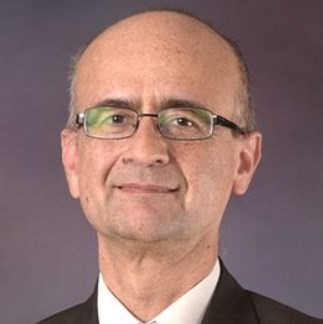
Bhavik Bakshi
William G Lowrie Department of Chemical and Biomolecular Engineering, The Ohio State University
S1-03: SUSTAINABLE AND CIRCULAR SYSTEMS (I), Mon 19 JUN
Title: Evaluating the potential of current and emerging alternatives to enable a Sustainable Circular Economy
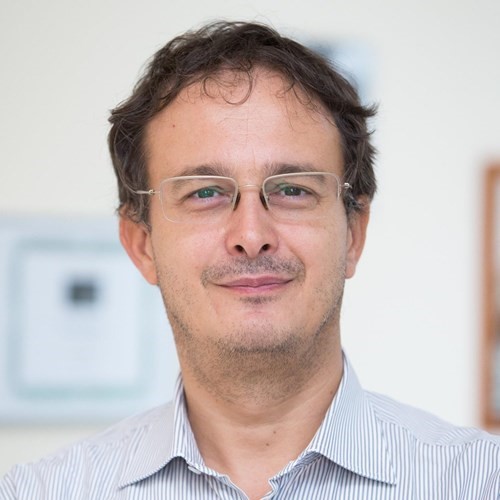
Fabrizio Bezzo
Professor, University of Padova
S6-01: ENERGY SYSTEMS (II), Wed 21 JUN
Title: Model-based design of experiments for the identification of microalgae growth models with limiting nutrients
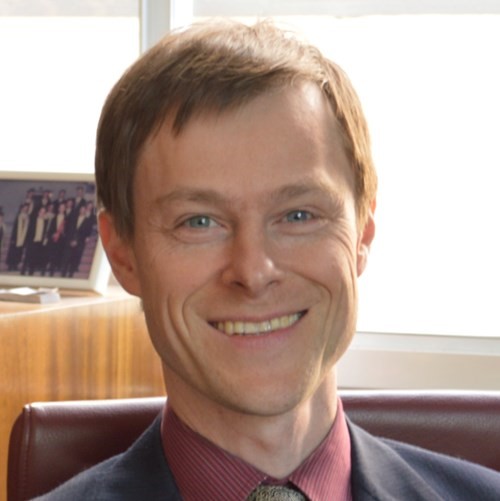
Marc-Olivier Coppens
Ramsay Memorial Professor in Chemical Engineering, University College London
S1-04: BIOBASED SYSTEMS (I), Mon 19 JUN
Title: Algorithmic generation of bioinspired 3D scaffolds for T cell-based cancer immunotherapy
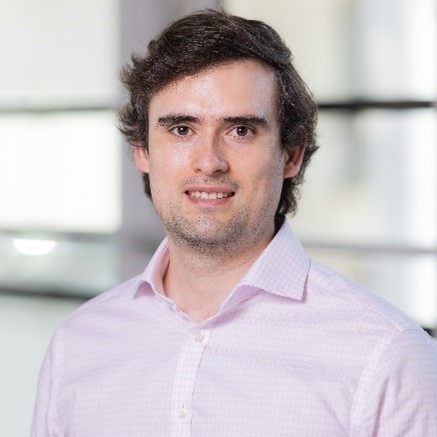
Antonio Del Rio Chanona
Imperial College London
S6-03: DATA DRIVEN APPLICATIONS (III), Wed 21 JUN
Title: Multi-fidelity Bayesian Optimisation of Reactor Simulations using Deep Gaussian Processes
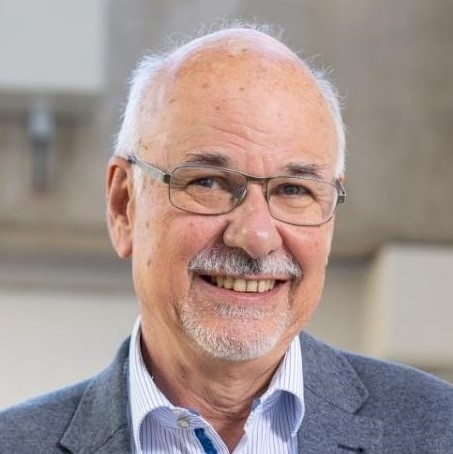
Sebastian Engell
Head of Process Dynamics and Operations GroupTU Dortmund
S1-02: OPERATIONS AND CONTROL (I), Mon 19 JUN
Title: An Approach to Dependable Hybrid Modeling with Application to an Industrial Distillation Column
Chrysanthos Gounaris
Carnegie Mellon University
Special Session in memory of Prof. Christodoulos A. Floudas, Mon 19 JUN
Title: Adventuring on the PSE Outskirts: Robust Optimal Vehicle Routing
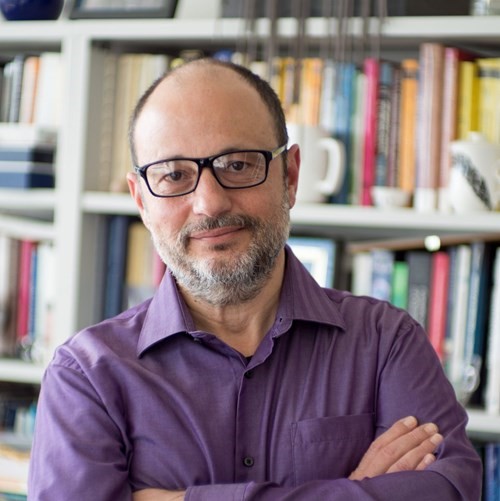
Vassily Hatzimanikatis
EPFL
S1-05: INDUSTRIAL BIOTECHNOLOGY (I), Mon 19 JUN
Title: Computer-Aided Cellular Process Engineering
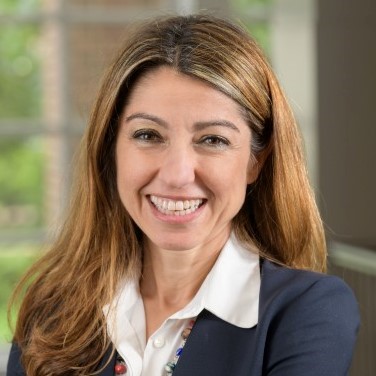
Marianthi Ierapetritou
Bob and Jane Gore Centennial Chair, University of Delaware
S3-03: OPERATIONS AND SUPPLY CHAINS (II), Tue 20 JUN
Title: Process Design and Bayesian Optimization of 5-Hydroxymethylfurfural Hydrodeoxygenation
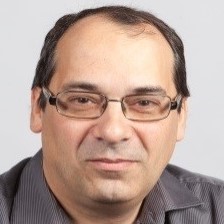
Georgios Kontogeorgis
Professor, Technical University Of Denmark
S3-01: PROPERTIES AND MATERIALS (I), Tue 20 JUN
Title: Academic and Industrial Views on the Future of Applied Thermodynamics
Carl Laird
Professor, Department or Chemical Engineering, Carnegie Mellon University
S1-06: ADVANCES IN OPTIMIZATION (I), Mon 19 JUN
Title: Optimization of Process Families for Deployment of Carbon Capture Processes using Machine Learning Surrogates
Costas Maranas
Pennsylvania State University
Special Session in memory of Prof. Christodoulos A. Floudas, Mon 19 JUN
Title: PSE-inspired discovery tools in metabolic networks and protein design
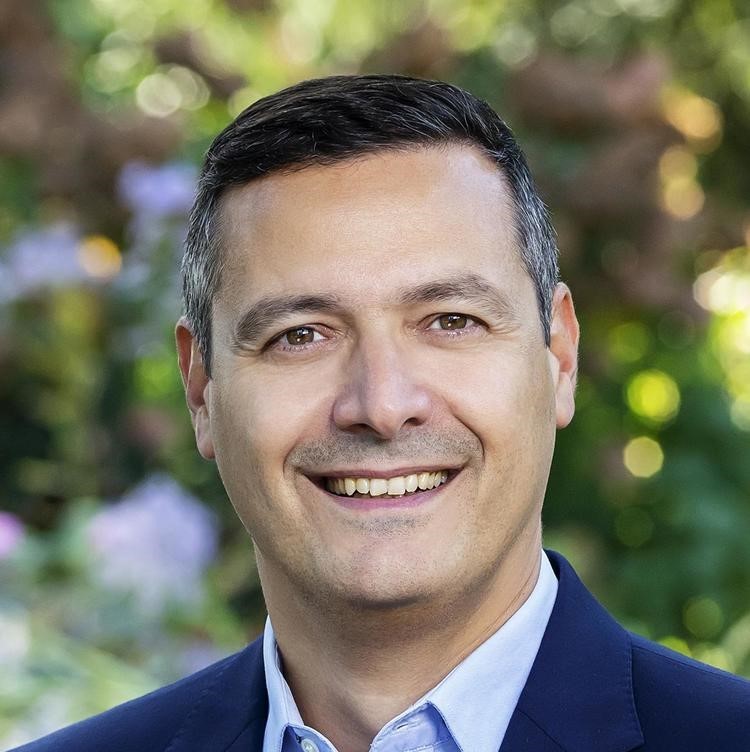
Christos Maravelias
Anderson Family Professor in Energy and the Environment, Princeton University
S3-04: SUSTAINABLE AND CIRCULAR SYSTEMS (II), Tue 20 JUN
Title: Investigation of Economic and Environmental Tradeoffs of Spatially Explicit Biomass Supply Chains Towards the Production of Net-Negative Biofuels
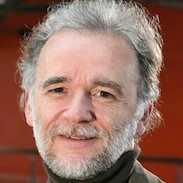
Francois Marechal
EPFL
S3-02: ENERGY SYSTEMS (I), Tue 20 JUN
Title: Mechanistic model for inkjet printing and application in perovskite solar cells engineering
Ruth Misener
Imperial College London
Special Session in memory of Prof. Christodoulos A. Floudas, Mon 19 JUN
Title: Professor Floudas’ continuing legacy: Automatically designing microreactor experiments
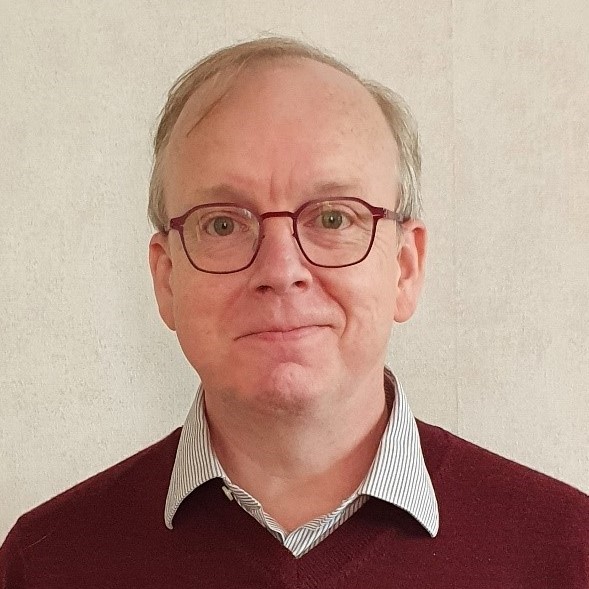
Michael O'Donohue
Senior Research ManagerInrae
S3-06: INDUSTRIAL BIOTECHNOLOGY (II), Tue 20 JUN
Title: IBISBA - A Systems-oriented Research Infrastructure in Industrial Biotechnology
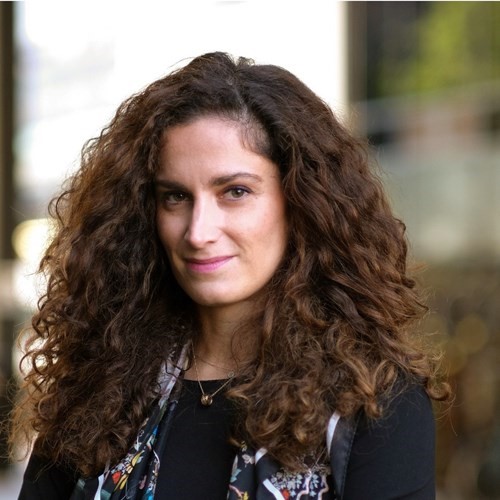
Maria M. Papathanasiou
Imperial College London
S1-01: OPERATIONS AND SUPPLY CHAINS (I), Mon 19 JUN
Title: Machine learning-based decomposition for complex supply chains
Constantinos Theodoropoulos
Professor, University Of Manchester
S6-02: MODELLING AND OPTIMIZATION (III), Wed 21 JUN
Title: Multi-scale model of solid oxide fuel cell: enabling microscopic solvers to predict physical features over a macroscopic domain
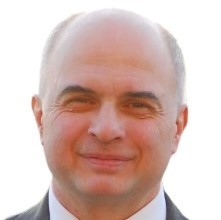
Petar Varbanov
Head of SPIL – Sustainable Process Integration Laboratory, NETME Centre
S3-05: PROCESS INTEGRATION AND INTENSIFICATION, Tue 20 Jun
(IN MEMORIAM:PROF JIRI KLEMES)
Title: Resource Efficiency and Sustainability - Energy and Process Integration Championed by Professor Jiří Jaromír Klemeš
Information for Posters Presentations
- For on-site printing service click here. You can place your orders at this service portal until May 30, 2023
- Posters of Themes 1-2 will be presented on Monday, June 19, 2023
- Posters of Themes 3-8 will be presented on Tuesday, June 20, 2023
- Poster Sessions Time 13:30-14:30 🕜
- Poster Size & Format: Size A0, Portrait Format, Template free
- The posters should be put on the stands in the morning and removed by the end of the day
- You will be informed in due time about your poster stand number and the presentation's hall name
- We aim to organize an evaluation of the best posters and the announcement of the awards will be given at the closing ceremony. The selection will be made by the International Scientific Committee